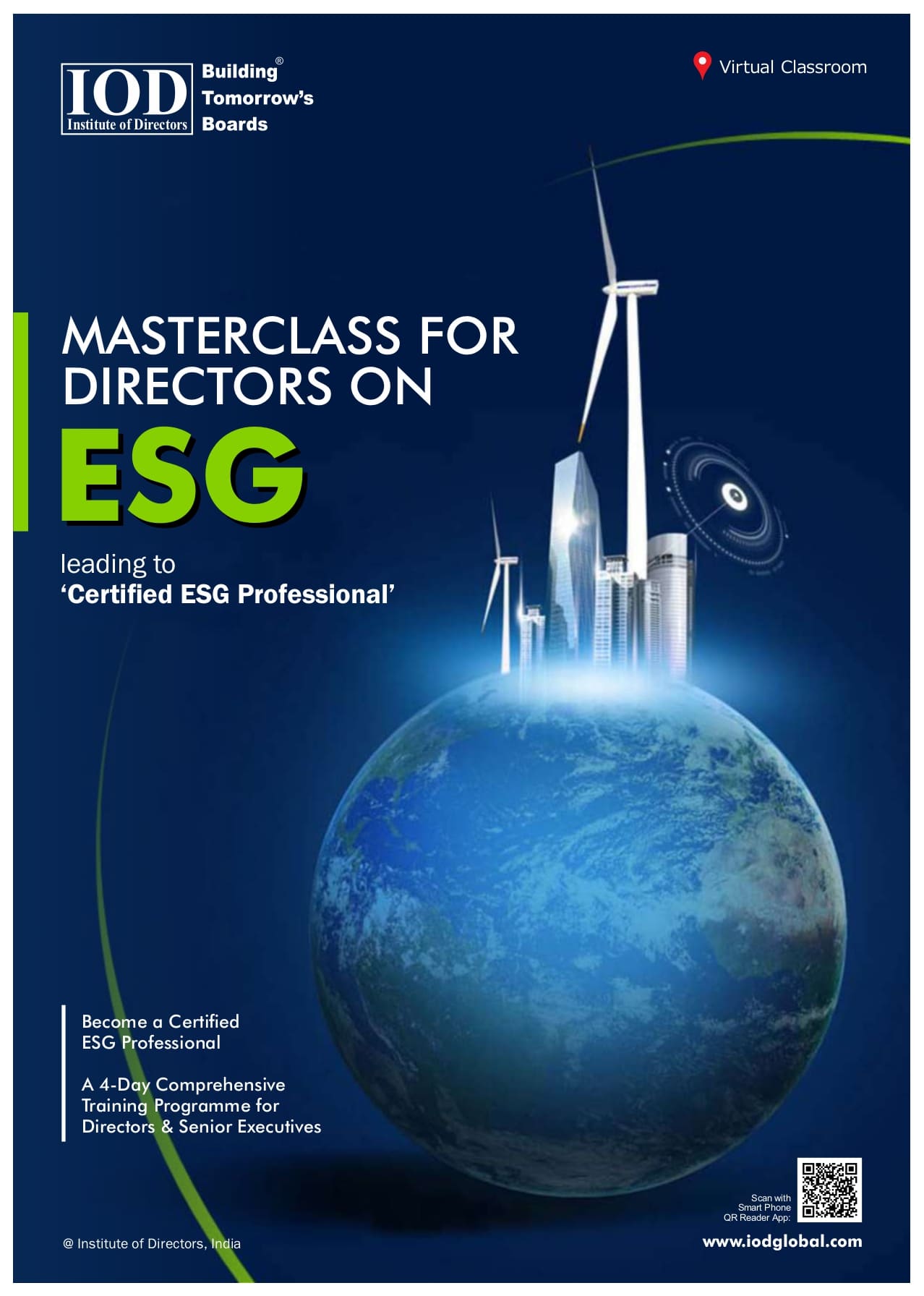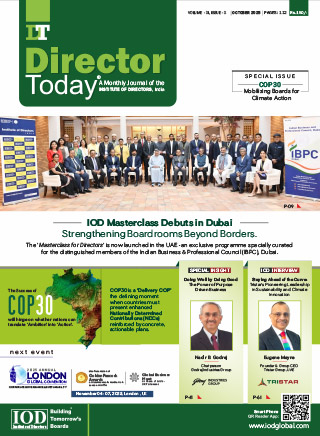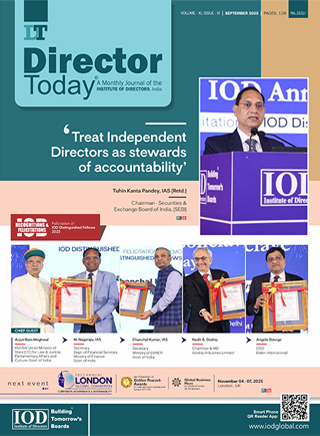ESG stands for Environmental, Social, and Governance and refers to the non-financial traits of a company's operations that can impact its long-term financial performance and sustainability. The ‘E’ or Environmental refers to a company's impact on the environment, The ‘S’ or Social refers to a company's impact on society and community and The ‘G’ or Governance refers to a company's internal governance structure which impact the long term goals and sustainability of an organisation.
ESG considerations have been gaining importance as stakeholders, including investors and customers, place increasing importance on responsible and sustainable business practices.
The importance of ESG (Environmental, Social, and Governance) factors in corporate decision-making and investment has increased in recent years due to several reasons:
Financial performance: ESG factors can have a significant impact on a company's financial performance, both in the short-term and over the long-term. Stakeholder expectations: Stakeholders, including investors, employees, customers, and communities, are increasingly demanding that companies take ESG considerations into account.
Risk management: ESG risks, such as climate change and human rights violations, can pose significant threats to a company's operations and financial performance.
Sustainable business practices: Companies that adopt sustainable business practices and demonstrate good ESG performance are often better positioned to create long-term value for all stakeholders.
Government regulations: Governments are increasingly implementing regulations and policies aimed at promoting sustainable business practices and addressing ESG risks.
In light of these trends, ESG considerations are becoming increasingly important for companies and investors as they seek to create long-term value and mitigate risk.
An ESG Certified Professional can help a company in several ways:
- Developing and implementing an ESG strategy
- Improved Decision Making
- Enhanced Stakeholder Engagement
- Identifying & Managing Risks
- Improved Financial Performance
- Compliance with Laws and Regulations
- Board’s Accountability

 Quick Links
Quick Links
 Connect us
Connect us



























